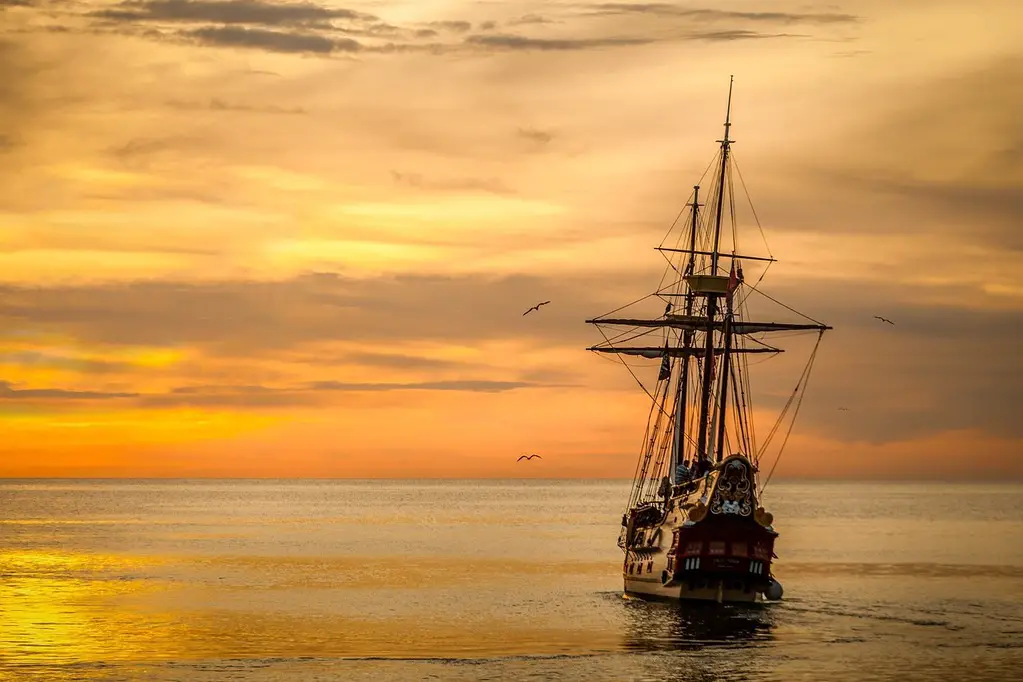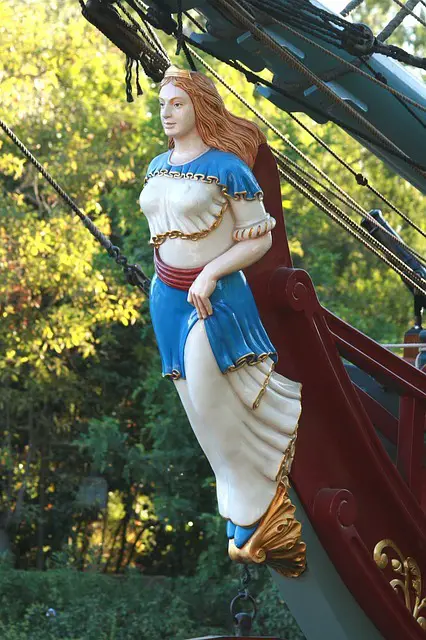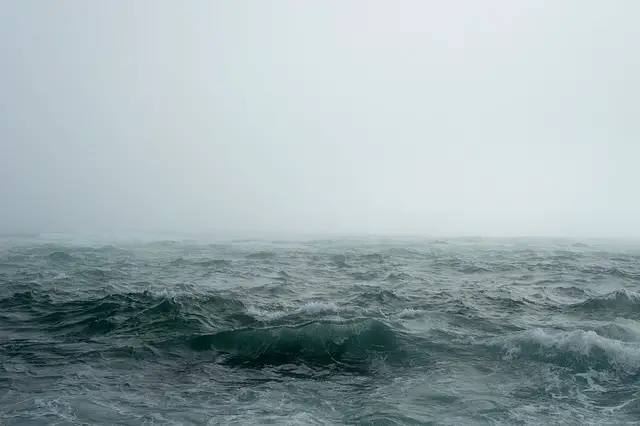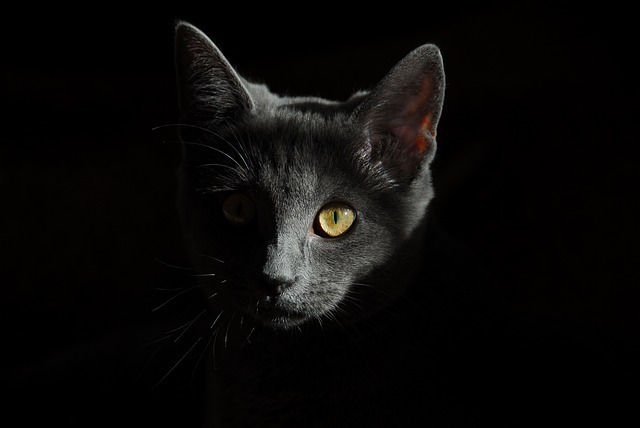Life at sea was hard enough for sailors and fishermen hundreds of years ago. They had the danger of being on the open water, the weather, and the endless work to complete, but one thing they also had to contend with was remembering the long list of superstitions they had to follow.
Unlucky Fridays
Fridays were once considered the unluckiest day of the week to start a voyage since Jesus Christ was crucified on a Friday. But Thursdays are also regarded as unlucky because it’s considered the day of Thor, the god of storms and thunder. Count out the first Monday in April also, as this was the day that Cain killed Abel, and the second Monday in August is off-limits because it was the day Sodom and Gomorrah were destroyed.
No Bananas
Bananas have been thought to bring bad luck on ships for a long time, and there are many theories on why such a lovable fruit could be considered so bad. Bananas spoiled rather quickly, especially when they were in a warm cargo hold, and they would release deadly fumes as they fermented.
Another theory suggests that when bananas were aboard a ship, fishermen weren’t able to catch any fish because of how quickly they had to get the bananas to their destination before they went bad. In addition to bananas going bad, sometimes poisonous spiders would be packed away with the fruit. A sailor would get bit by a spider and die. Thus the association with bananas and death was formed. These are just a few of the “no bananas on board” theories.
Sorry, No Women on Board Either
Women were considered a distraction to sailors from completing their duties or thought of as a source of jealousy between sailors. This would make the sea angry. Mermaids, the half-woman, half-fish creatures, were also believed to lure a ship with their siren song into treacherous waters where the ship would be destroyed. This didn’t stop sailors from putting women on the figureheads of ships, however. The often bare-breasted women were thought to calm the sea, and her open eyes would guide the ship to safety.
Whistling and the Weather
Whistling on a ship was considered a no-no. It was believed that whistling would bring up a storm. While this has no basis in fact, the saying, “Red sky in the morning, sailor take warning. Red sky at night, sailor’s delight,” does have some merit. If the skies are red in the morning, it’s because the sun in the east illuminates the bottom of moisture-laden clouds in the west if more clouds are rolling in. If skies are red at sunset, sunlight is clear from the west, so the westerly wind will be bringing clear skies. The saying works best at the mid-latitudes where the prevailing winds travel west to east.
Don’t Change the Name of a Ship
It’s considered bad luck to change the name of a ship after it has been christened. Now, if the name of the ship just had to be changed, there were some procedures that had to take place. First, the old name had to be removed from the ship, even from the logbooks. Next, the old name had to be written on a piece of paper, placed in a box, and then burned until there were only ashes left. The remains of the box were then thrown into the sea when there was an outgoing tide.
Another interesting ceremony occurs when a mast is about to be stepped, which is when a boat’s mast is set into a notch in the keel. A coin is placed under the mast before it is set. This tradition is said to go back to the ancient Romans when they placed coins in the mouths of men when they were killed in battle. The reason for the coin under the mast was so the crew of the ship would be able to pay Charon, the ferryman of Hades, to cross the River Styx in the afterlife. Placing a coin or some other memorabilia to bring good luck under a mast is done even today on modern ships.
Dolphins and Sharks
The sign of a shark following a ship told of an imminent death aboard the ship, while dolphins were considered good luck and a harbinger of good things to come.
Other animals were considered good and bad luck to mariners too. Turtles were regarded as good luck, and sailors that carried their bones were supposed to have good fortune. But if a sailor killed a turtle and didn’t eat it, they would have bad luck. Sailors also had a fear of manta rays because these animals were believed to be able to attach themselves to a ship’s anchor and drag it under the sea. Killing a seabird such as a seagull or an albatross, as well as a dolphin, was thought to bring bad luck. Seabirds were thought to carry the souls of dead sailors.
Sailing Cats
A cat on a ship was considered lucky, even a black cat. Cats had a practical reason for being on board a ship since they caught rats that could spread disease, damage ropes, or eat grain. They were thought to have powers that protected ships from dangerous weather, but it was also believed that the animals could summon a storm with magic that was stored in their tails.
Forbidden Words
It was considered bad luck to say certain words aboard a ship. Saying the words “drown,” “pig,” “goodbye,” and “good luck” were strictly off-limits. It was also considered bad luck for the wives of the men going to sea to tell them goodbye or wave goodbye once they left for their voyage.
Avoid these People
It was considered bad luck to run into a redhead before a ship began its voyage. The crisis could be averted, however, if the sailor spoke to the redhead first. Priests were also considered bad luck on a voyage since they dressed in black and performed funeral services. In addition, flat-footed people were avoided and were considered bad luck onboard a ship for some reason.
Other Superstitions
In addition to the superstitions mentioned above, sailors also had to avoid these other things that could get them in trouble. A sailor had to remember to step aboard a ship with their left foot first, and if they saw rats leaving the ship, that was a sign of impending disaster on their voyage. Sailors weren’t supposed to trim their nails, shave, or cut their hair since it was believed to bring bad luck to the ship, and finally, fishermen salted their nets before the beginning of each season to bring them good luck.
Sources: Dive Training, On Board Online, Salt Strong, Marine Insight, Boater Exam, Caribbean Pirates, New Zealand Maritime Museum, Navy Live









